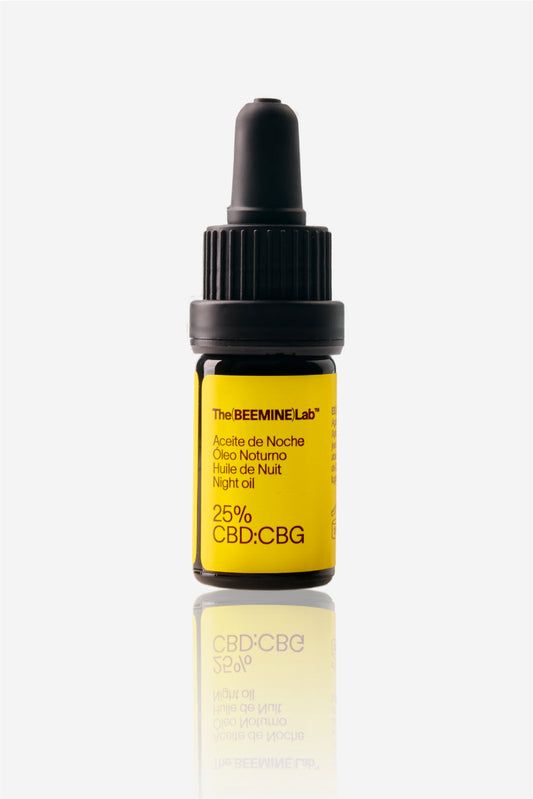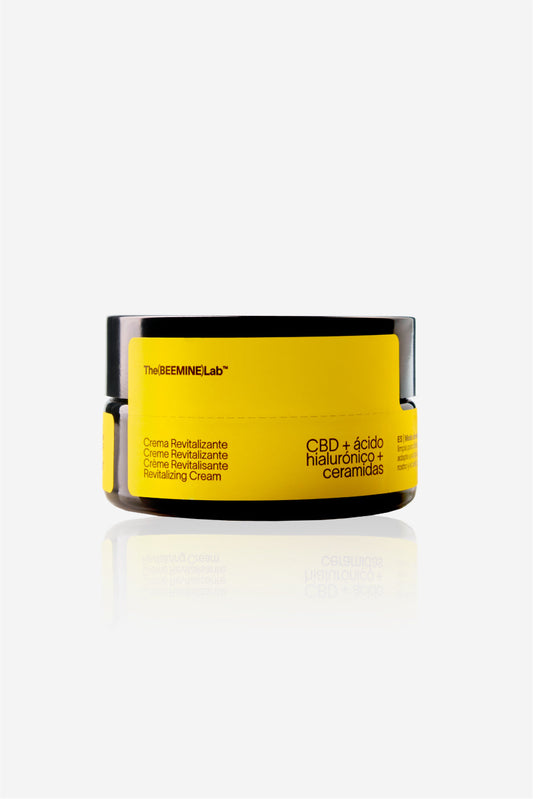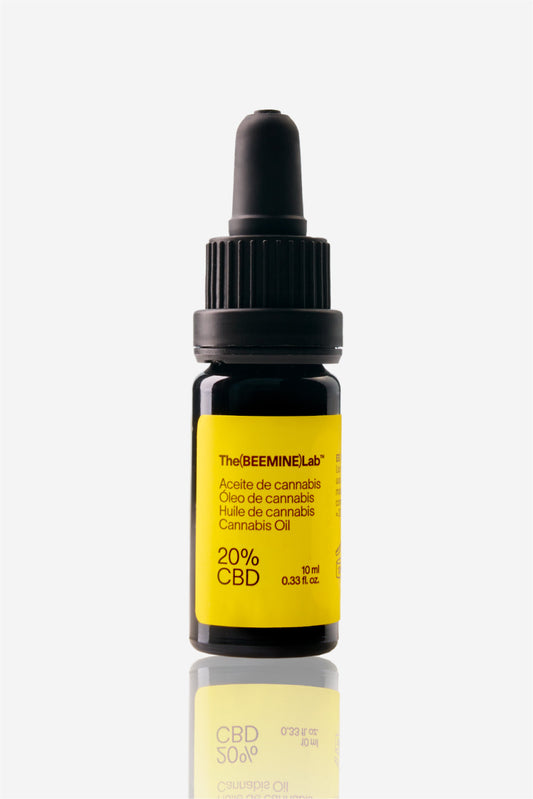Parkinson's disease
Parkinson's disease is a complex and heterogeneous neurodegenerative disorder that can appear in adulthood and significantly affects the quality of life and progressively the autonomy of the person who suffers from it. It is the most common neurodegenerative disorder after Alzheimer's disease and its main risk factor is age. It mainly affects men and its general prevalence is 0.3% , increasing to 1% in people over 60 years of age. It should be noted that 83% of patients after 20 years of suffering from Parkinson's disease develop some type of dementia. The etiology is unknown and may be the result of a combination of different environmental and genetic factors. The pathophysiological basis consists of the degeneration and loss of dopaminergic neurons in the substantia nigra of the brain, which affects the basal ganglia. In addition, the appearance of intracellular inclusions called Lewy bodies is observed. Currently, it has been observed that neuronal inflammation , instead of being a response to the disease, may represent a factor that contributes to the appearance of Parkinson's disease , together with oxidative stress.Clinical signs and symptoms of Parkinson's disease
Motor manifestations- Akinesia or slowness in movements (main symptom)
- Resting tremor (no tremor observed with active movement)
- Muscle stiffness
- Problems with walking and postural stability
- Motor fluctuations: dyskinesias (involuntary movements) and dystonias (muscle contractions)
- Apathy
- Depression
- Sleep disorders
- Cognitive impairment
- Autonomic dysfunctions
- Neuropsychiatric disorders
- Digestive problems
- Sensory disturbances
Types of Parkinson's
They are usually divided between the tremor form, with a better prognosis, and the non-tremor forms (rigid-akinetic and instability/gait disorder), in addition to a mixed subgroup. Currently, there are no specific biological markers, so diagnosis is based on observation of specific motor signs and symptoms and complementary tests to rule out other types of parkinsonism, in addition to anamnesis and a thorough neurological examination. Consequently, there is still no curative treatment, although drugs are effective at the symptomatic level, particularly Levodopa, whose effect causes alternating fluctuations depending on whether the symptoms are well or poorly controlled, called "On-Off". Nowadays, Levodopa is often used in combination with other drugs that increase its effectiveness and reduce its side effects such as dyskinesia. In addition to pharmacological treatment, physical therapy activities can be a positive factor both at the symptomatic level and in improving quality of life. (1) (2) (3) (4)Studies on Parkinson's and the Endocannabinoid System
The Endocannabinoid System is our physiological system for maintaining the balance of the body and its presence is manifested above all in the Central Nervous System, where it maintains a close relationship with the Basal Ganglia. (6) Among others, Ferreira-Junior, NC, Campos in their study " Biological bases for a possible effect of cannabidiol in Parkinson's disease. Revista brasileira de psiquiatria, has established that stimulation of the Endocannabinoid System favors neuroprotective effects capable of slowing down neuronal loss in Parkinson's Disease. In particular, CBD is being studied for its neuromodulatory activity (especially on the dopaminergic system), capable of improving and increasing the quality of nerve transmissions. (5) (6) (7) (9)(10) Some of the studies cited analyze whether CBD could represent a valid alternative to alleviate the symptoms of Parkinson's. Specifically, they develop the following premises:- Neuroprotective effect : through indirect stimulation of the Endocannabinoid System, it promotes different neuroprotective mechanisms against inflammation and oxidative stress that promote motor and cognitive functions.
- Neuromodulatory effect : thanks to the stimulation of dopaminergic receptors, CBD can help regulate and increase dopamine levels, promoting motor symptoms and daily autonomy.
- Anti-inflammatory effect : by activating different channels, CBD helps reduce inflammation at both the neurological and joint and muscle levels.
- Anxiolytic and antidepressant effect : CBD can help improve mood and help manage emotional ups and downs.
- Relaxing effect : important both physically and mentally, to promote muscle relaxation, rest and sleep.
Studies on Parkinson's and CBD
Observational studies have shown positive effects on prevalence through inhalation, while clinical studies on the use of Cannabis present controversial results and do not show clear significant effects, although it seems that those who have registered improvements have been able to observe them after two months of treatment and with high doses. (6)(7)(8)(9) (10) Literature:- Martínez-Fernández., Gasca-Salas C., Sánchez-Ferro, Obese, UPDATE ON PARKINSON'S DISEASE, Las Condes Clinical Medical Journal, Volume 27, Issue 3, 2016, Pages 363-379, ISSN 0716-8640, https://doi.org/10.1016/j.rmclc.2016.06.010
- https://www.esparkinson.es/espacio-parkinson/conocer-la-enfermedad/
- https://www.msdmanuals.com/en/home/cerebral-,-spinal-and-nervous-diseases/movement-disorders/parkinson-disease
- Simon, D.K., Tanner, C.M., & Brundin, P. (2020). Parkinson Disease Epidemiology, Pathology, Genetics, and Pathophysiology. Clinics in geriatric medicine , 36 (1), 1–12. https://doi.org/10.1016/j.cger.2019.08.002
- Cooray, R., Gupta, V., & Suphioglu, C. (2020). Current Aspects of the Endocannabinoid System and Targeted THC and CBD Phytocannabinoids as Potential Therapeutics for Parkinson's and Alzheimer's Diseases: a Review. Molecular neurobiology , 57 (11), 4878–4890. https://doi.org/10.1007/s12035-020-02054-6
- Patricio, F., Morales-Andrade, AA, Patricio-Martínez, A., & Limón, ID (2020). Cannabidiol as a Therapeutic Target: Evidence of its Neuroprotective and Neuromodulatory Function in Parkinson's Disease. Frontiers in pharmacology , 11 , 595635. https://doi.org/10.3389/fphar.2020.595635
- Ferreira-Junior, NC, Campos, AC, Guimarães, FS, Del-Bel, E., Zimmermann, P., Brum Junior, L., Hallak, JE, Crippa, JA, & Zuardi, AW (2020). Biological bases for a possible effect of cannabidiol in Parkinson's disease. Brazilian Journal of Psychiatry (Sao Paulo, Brazil: 1999) , 42 (2), 218–224. https://doi.org/10.1590/1516-4446-2019-0460
- Crippa, J., Hallak, J., Zuardi, AW, Guimarães, FS, Tumas, V., & Dos Santos, RG (2019). Is cannabidiol the ideal drug to treat non-motor Parkinson's disease symptoms?. European archives of psychiatry and clinical neuroscience , 269 (1), 121–133. https://doi.org/10.1007/s00406-019-00982-6
- Bougea, A., Koros, C., Simitsi, A.M., Chrysovitsanou, C., Leonardos, A., & Stefanis, L. (2020). Medical cannabis as an alternative therapeutics for Parkinsons' disease: Systematic review. Complementary therapies in clinical practice , 39 , 101154. https://doi.org/10.1016/j.ctcp.2020.101154
- Junior, N., Dos-Santos-Pereira, M., Guimarães, F.S., & Del Bel, E. (2020). Cannabidiol and Cannabinoid Compounds as Potential Strategies for Treating Parkinson's Disease and L-DOPA-Induced Dyskinesia. Neurotoxicity research , 37 (1), 12–29. https://doi.org/10.1007/s12640-019-00109-8







